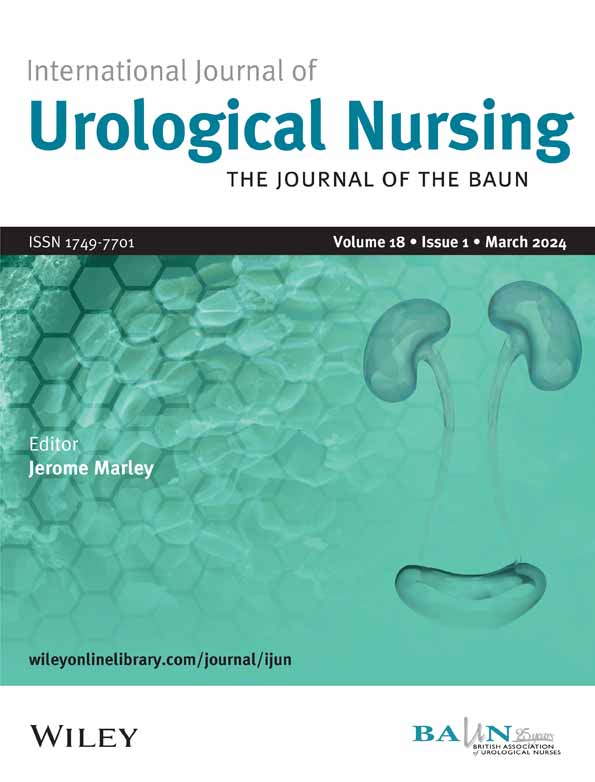Sexuality in penile cancer survivors: A rarely discussed problem in uro-oncology
Abstract
Sexuality in cancer patients is a complex area. It is estimated that 81% of patients with urological cancer develop problems in their sexual functionality, even from the moment of diagnosis and aggravated during treatment due to direct injury to the genitalia. Currently, there are few avenues of care within the field of urology that address sexual health and quality of sexual life in penile cancer survivors, which causes many of them to lose self-esteem and have problems with their partners. To review the literature on what are the consequences on the sexual life of penile cancer survivors in terms of their performance, including risk factors associated with penile cancer and what are the alternatives they must recover their sexual life. Most penile cancer survivors develop alterations in sexual performance and functionality, such as loss of sexual interest, dysfunctional ejaculation, and loss of orgasm, increasing the risk of depression and anxiety. Sex therapy is presented as an alternative to improve the quality of life of these patients, proposing sexuality as something more than genitalia and helping to lead a better life. Sex therapy is an alternative and should be contemplated in the therapeutic plan of patients with urological cancer, especially penile cancer, since sexuality is part of an individual's life, and its loss affects the quality of life.
CONFLICT OF INTEREST STATEMENT
The authors declare no conflict of interest.




